Solar energy is a renewable energy source derived from sunlight. This energy is converted into electrical energy or heat using photovoltaic (PV) panels or solar collectors. The biggest advantage of solar energy is that it is environmentally friendly and has a very low carbon footprint compared to fossil fuels. In addition, solar energy resources are unlimited and inexhaustible, making this energy a sustainable option.
Solar energy technology has shown a great development in recent years. Photovoltaic panels convert sunlight directly into electrical energy, while thermal solar systems generate heat energy. These technologies have a wide range of uses in both residential and industrial facilities. In particular, solar panels placed on roofs meet the energy needs of homes and workplaces, reducing electricity bills and increasing energy independence.
Solar energy has become an important part of energy policies worldwide. Many countries are increasing solar energy investments and offering incentives to achieve their renewable energy targets. This supports both economic development and contributes to environmental sustainability. Solar energy adoption plays a critical role for a clean energy future by reducing dependence on fossil fuels.
Advantages of Solar Energy
Solar energy offers many advantages as a sustainable and environmentally friendly energy source. Unlike fossil fuels, solar energy is renewable, clean and inexhaustible. This energy source provides significant economic and environmental benefits to both individual users and industrial facilities. The widespread use of solar energy contributes to lower energy costs, reduced carbon emissions and increased energy independence.
- Environmentally Friendly: Solar energy, unlike fossil fuels, does not emit greenhouse gases and does not cause air pollution. In this way, energy production is provided without harming the environment.
- Renewable and Sustainable: Solar energy is an inexhaustible resource and is constantly renewed. This allows energy to be obtained in a sustainable way.
- Low Operating Cost: After the solar panels are installed, maintenance and operating costs are quite low. Their long life provides cost advantage.
- Energy Independence: Solar energy increases the energy independence of individuals and countries. Since it is produced locally, it reduces external dependence.
- Reduces Electricity Bills: Solar panels provide significant savings in electricity bills by meeting the energy needs of homes and workplaces.
- Incentives and Supports: Many governments encourage solar energy projects and offer financial support. This reduces the start-up costs and makes it widespread.
- Various Application Areas: Solar energy can be used both in electricity generation and in many areas such as water heating, agriculture and industry. This versatility offers a wide range of applications in different sectors.
Usage Areas of Solar Energy
Solar energy has a wide range of applications as a versatile and flexible energy source. With the advancement of technology, the areas where solar energy can be applied have also diversified. It is possible to utilise solar energy in many sectors from housing to industry, agriculture to transportation. This wide range of use both reduces energy costs and supports environmental sustainability.
The usage areas of solar energy respond to different needs with both direct and indirect energy production. While electricity generation with photovoltaic panels is the most common use, specialised applications such as water heating, agricultural irrigation and even seawater desalination are also possible with solar collectors. The versatility of solar energy leads to its increasing adoption as part of renewable energy solutions.
-
Converting sunlight into electrical energy with photovoltaic panels is widely used in both residential and commercial buildings.
-
It is used as a water heating system in homes and workplaces with solar collectors. This method saves energy and does not harm the environment.
-
Solar energy can be used in agricultural irrigation systems and greenhouse heating. This increases agricultural productivity and reduces costs.
-
Solar-powered street lights and garden lighting systems save energy and protect the environment.
-
Solar-powered vehicles and electric vehicle charging stations supported by solar panels promote the use of renewable energy in the transport sector.
-
Solar energy is utilised in processes to convert seawater into fresh water, contributing to the sustainable management of water resources.
-
Solar energy offers practical and environmentally friendly solutions by using it in portable chargers and solar-powered small household appliances.
Water Heating Systems with Solar Energy
Solar water heating systems offer an environmentally friendly and economical solution for hot water supply in homes and commercial areas. These systems collect sunlight through solar collectors and use this energy to heat water. Solar water heating can be effectively used for daily needs such as showers, kitchens, laundry, as well as larger-scale applications such as swimming pools and industrial processes. In regions where solar energy is abundant, these systems provide economic advantages to their users by significantly reducing energy costs.
One of the biggest benefits of water heating systems is that they support environmental sustainability by reducing dependence on fossil fuels. Solar water heating systems provide hot water without harming the environment by reducing carbon emissions to zero. In addition, these systems stand out with their low operating costs and long-lasting structures. Once installed, solar water heating systems can operate for years with low maintenance costs and greatly reduce energy bills.
In regions where there is no electricity or natural gas infrastructure, solar water heating systems offer a great advantage. Since access to traditional energy sources is limited in such regions, solar energy provides an independent solution. Solar water heating systems make it easier for people living in these regions to meet their hot water needs. At the same time, thanks to the portable and flexible nature of these systems, they can be easily installed and used even in rural and remote areas. In this way, sustainable and reliable hot water supply is possible everywhere.
Solar Energy Utilisation Rates in Turkey
The use of solar energy in Turkey has gained momentum in recent years. As of 2024, solar power plants, which constitute 11.4% of Turkey's total installed capacity, reached a capacity of approximately 12,296 MW. This increase is considered as an important step towards achieving the country's targets of increasing the share of renewable resources in energy production.
Konya is the city with the highest density of solar power plants. Konya is the leader in solar energy production with an installed capacity of 1,722 MW. It is followed by Kahramanmaraş, Afyonkarahisar and Manisa. While there are solar power plants in 78 cities in Turkey, the capacity of these plants exceeds 100 MW in 35 cities.
Turkey aims to increase its solar energy capacity by 500% by 2035. Accordingly, it is planned to add 3,000 MW of new installed capacity annually. Cem Özkök, President of the Energy Investors Association (GÜYAD), states that Turkey is developing rapidly in solar energy and the sector has the capacity to reach these targets. The widespread use of solar energy supports environmental sustainability as well as reducing energy costs.
What is Solar Tracking System and Does It Increase Efficiency?
A solar tracking system is a technology that enables solar panels to collect sunlight with maximum efficiency. This system enables the panels to follow the sun throughout the day so that they continuously receive the sun's rays at the most favourable angle. Solar tracking systems provide 25 to 35 per cent more energy production compared to fixed systems. This increase in efficiency offers economic advantages by shortening the return on investment period of solar power plants.
Among the benefits of solar tracking systems, increasing energy production and reducing investment costs stand out. These systems can be single-axis or dual-axis. While single-axis systems follow the sun from east to west, dual-axis systems follow the sun both from east to west and from top to bottom. In this way, sunlight is collected in the most efficient way at all hours of the day. Especially in large-scale solar energy projects, the use of solar tracking systems provides a significant increase in energy production, making power plants more profitable and sustainable.
The use of solar tracking systems in solar energy systems is of great importance in terms of increasing energy efficiency and ensuring more effective use of renewable energy resources. These systems maximise energy production, especially in areas with abundant sunlight. In addition, solar tracking systems can attract more investors to renewable energy projects by reducing energy production costs. This contributes to environmental sustainability by reducing dependence on fossil fuels. In conclusion, solar tracking systems are advanced technology solutions that provide significant benefits both economically and environmentally.
In this content, you will find information about solar tracking systems, which is a highly effective device to increase the efficiency of solar energy systems and efficiency. You can meet the needs of your home, workplace with these devices or you can sell energy by installing power plants in large areas.


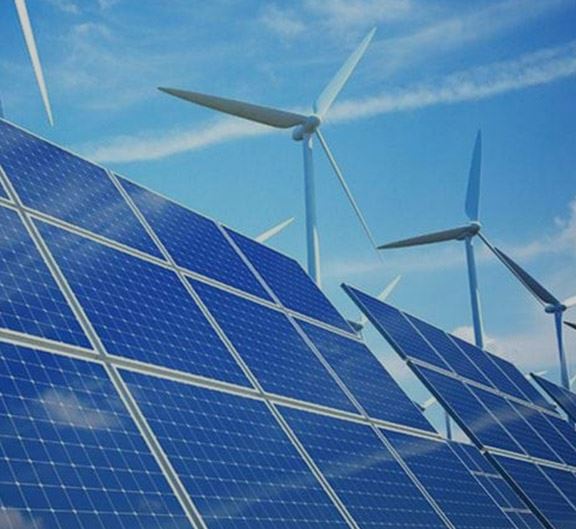
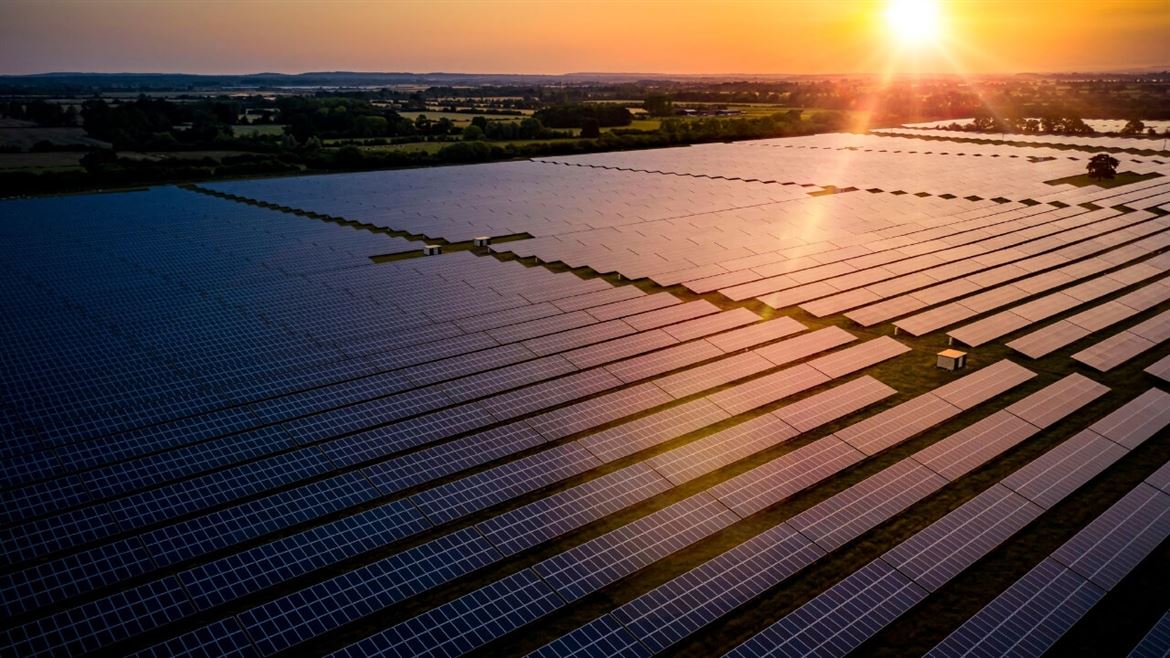
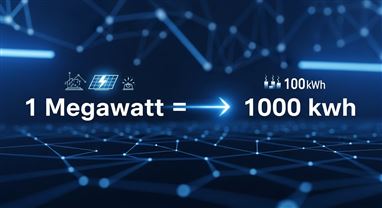
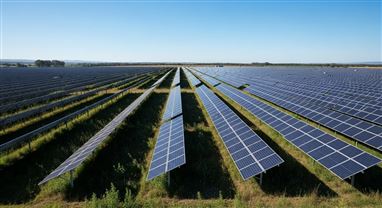
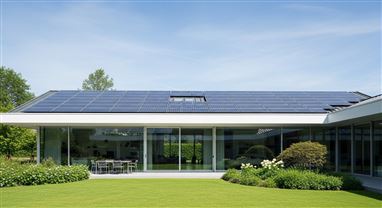
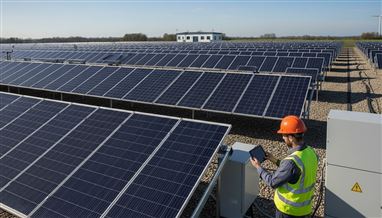
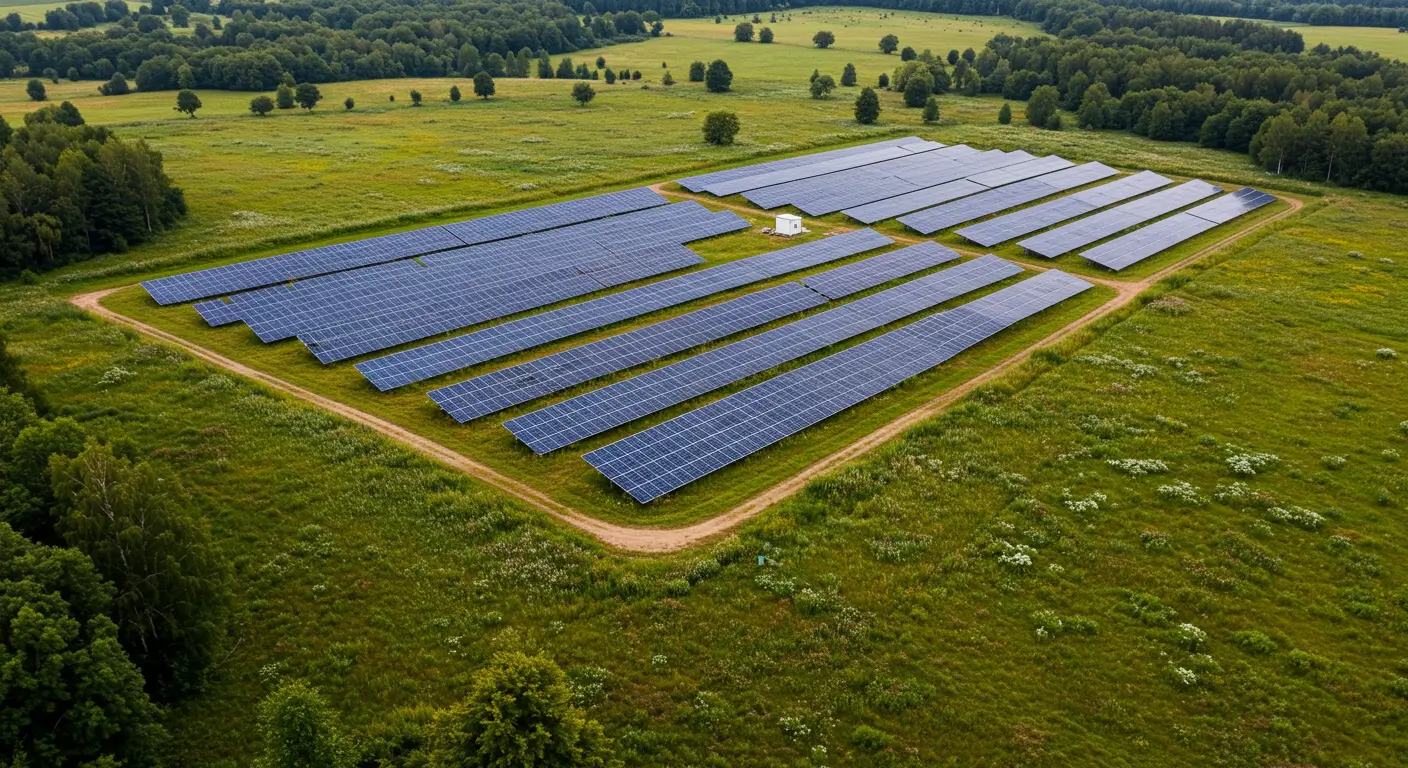
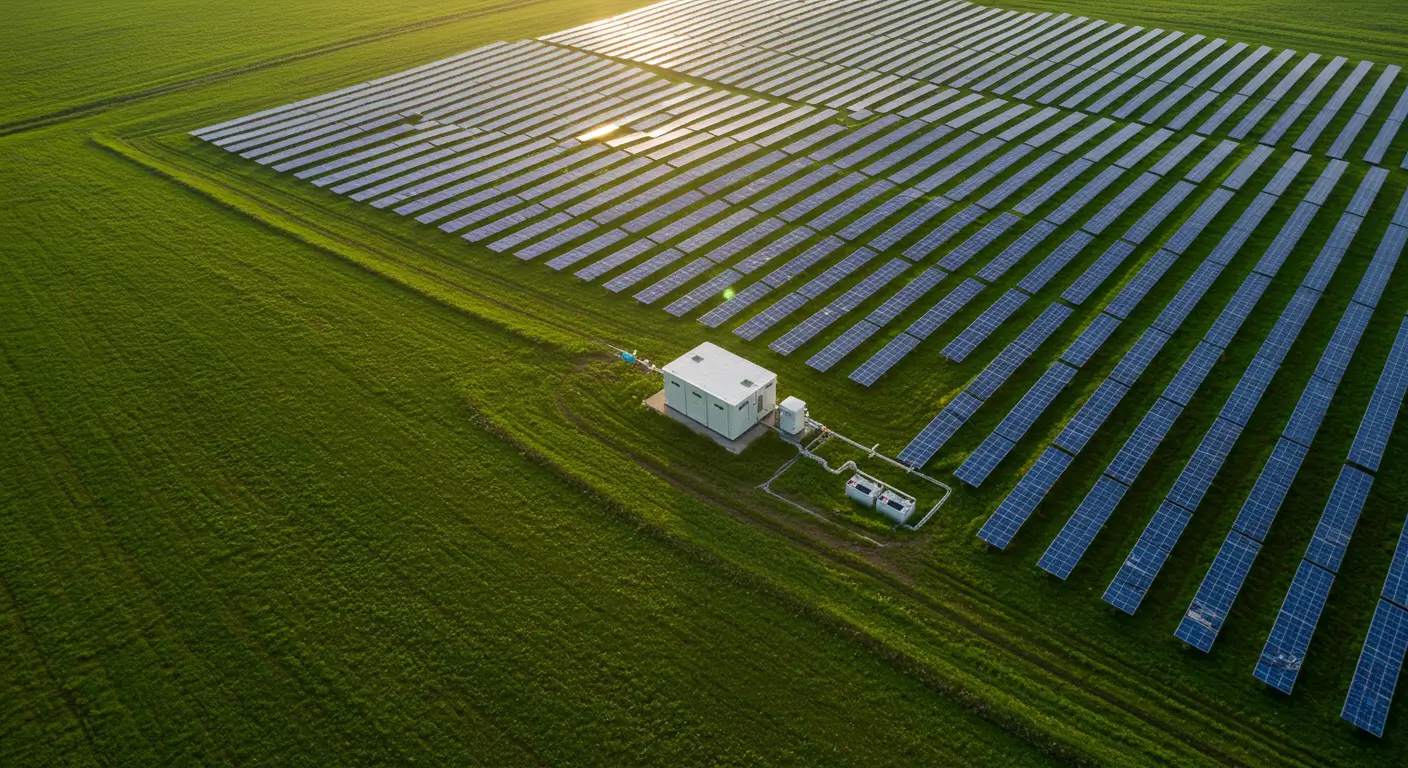
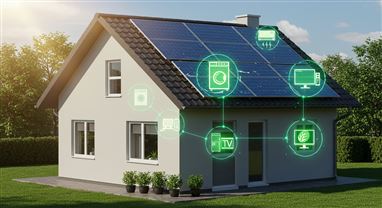
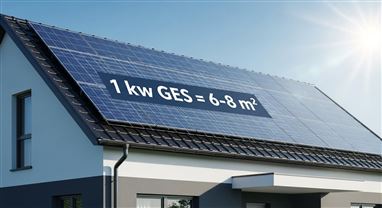
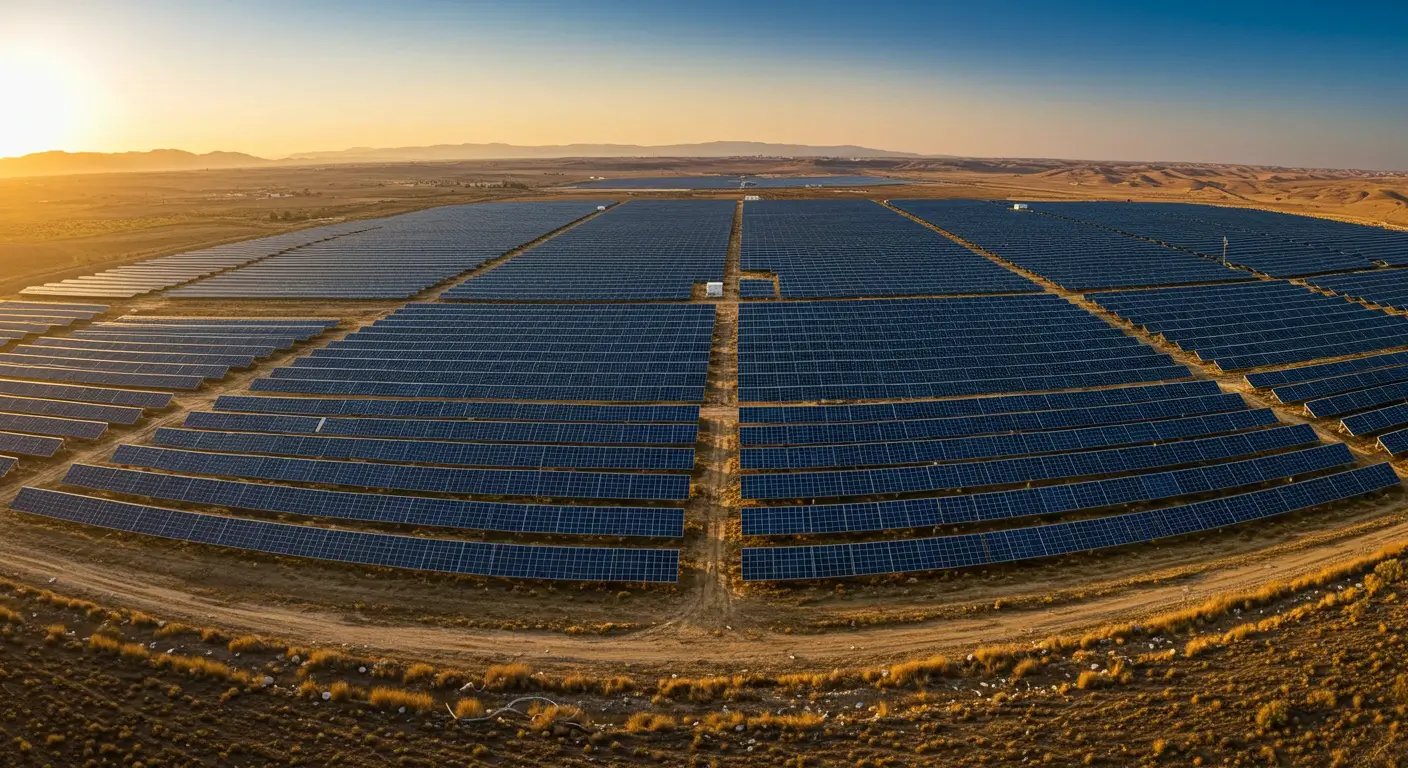
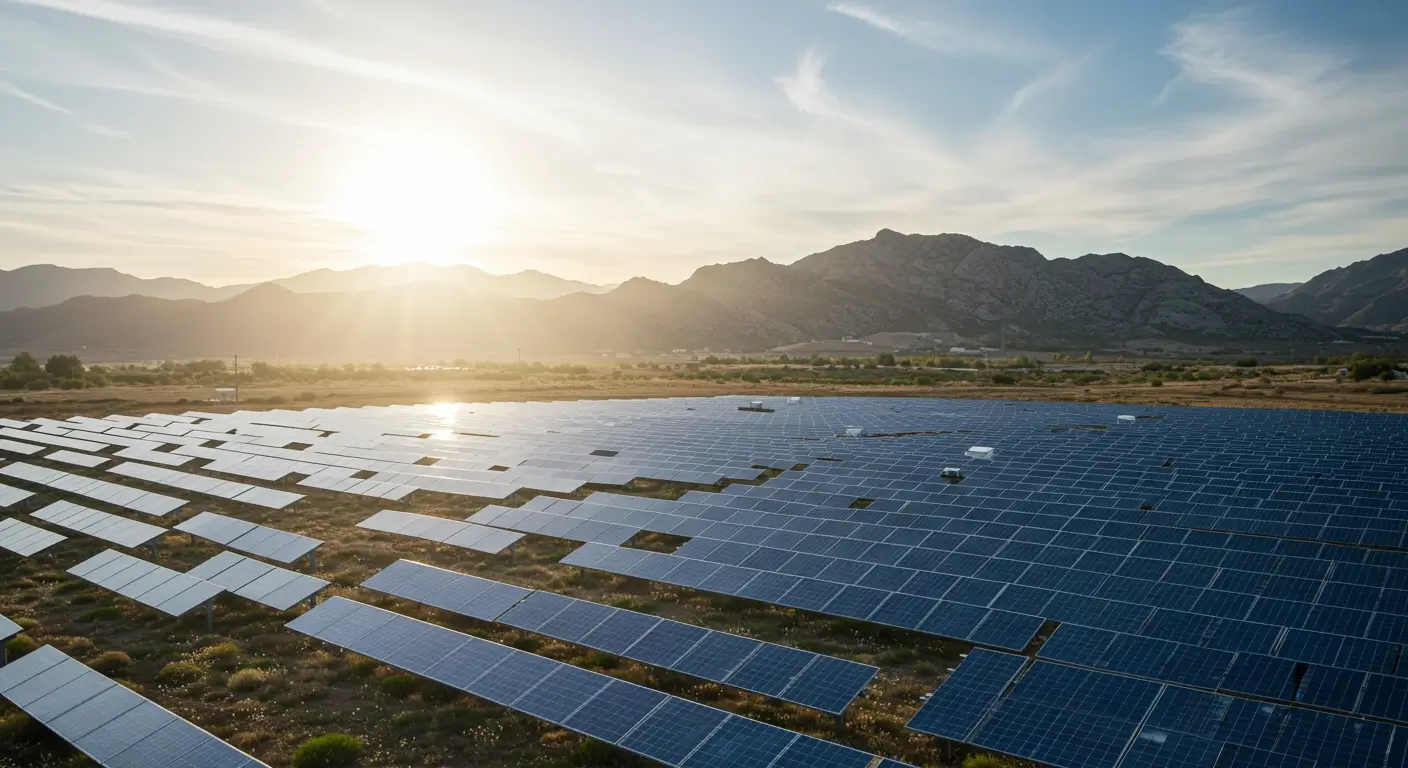
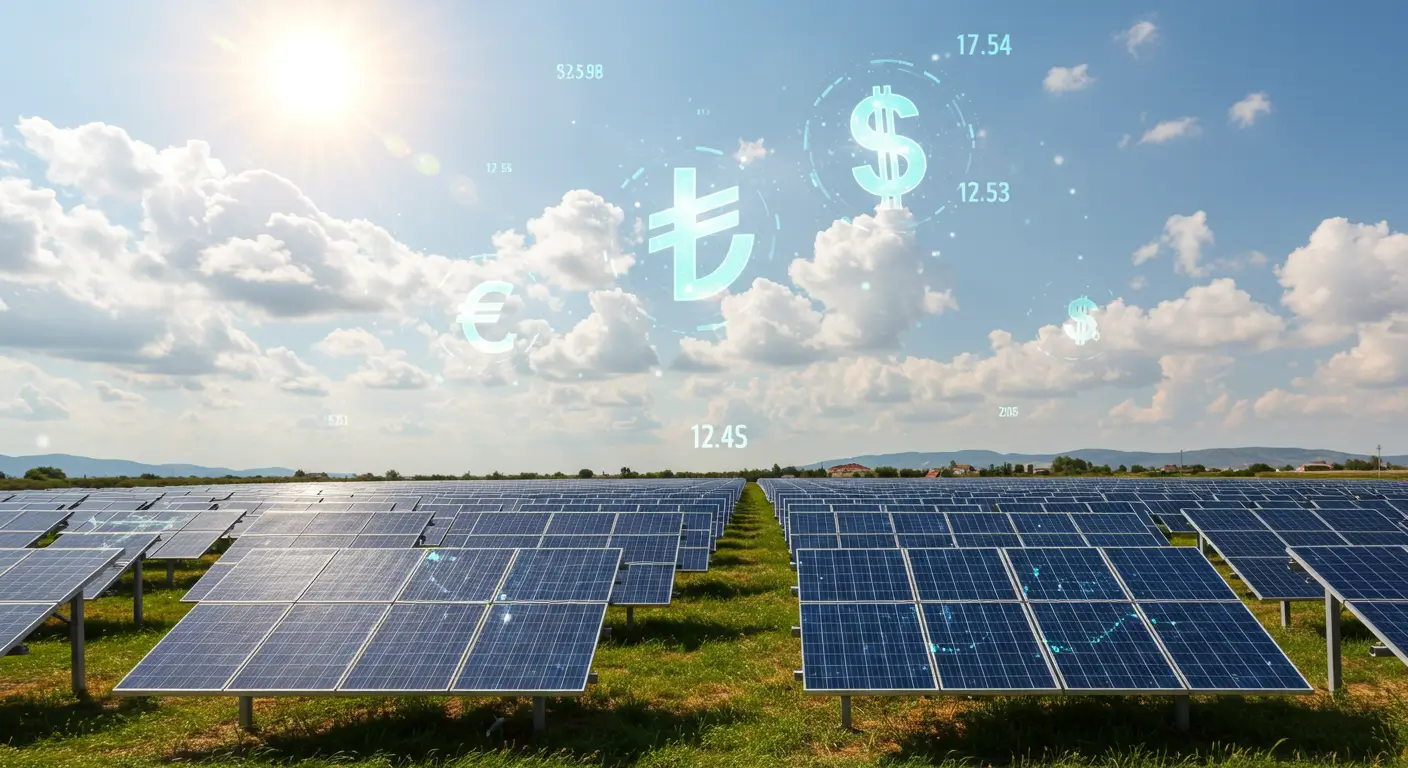
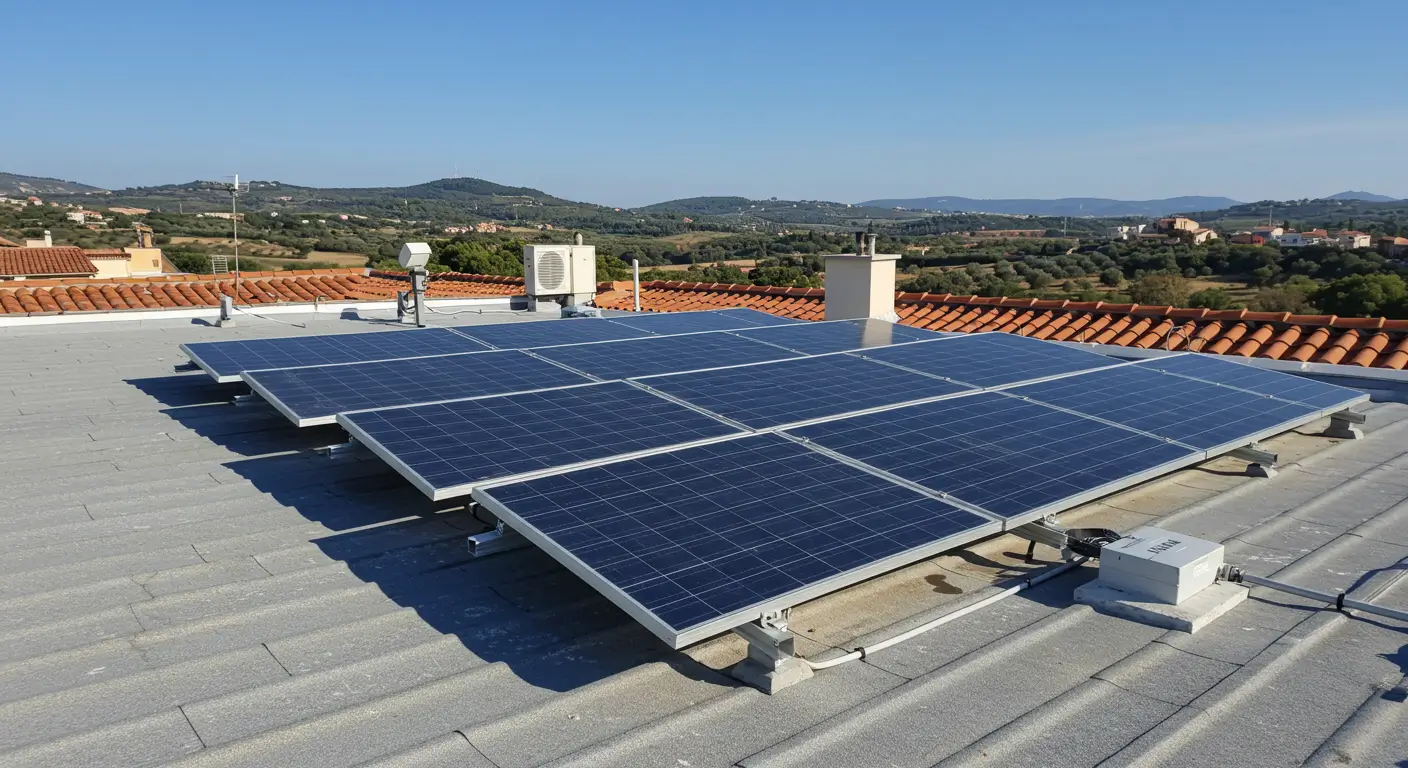
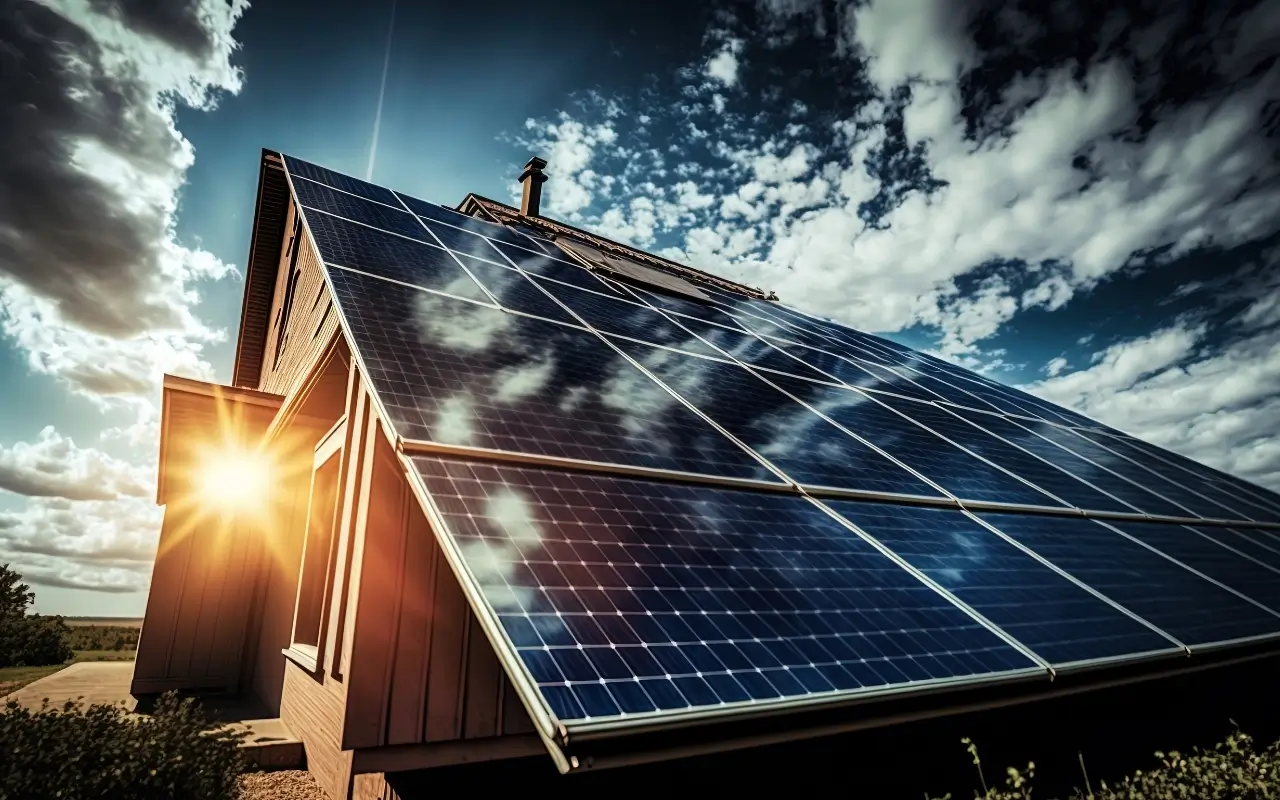
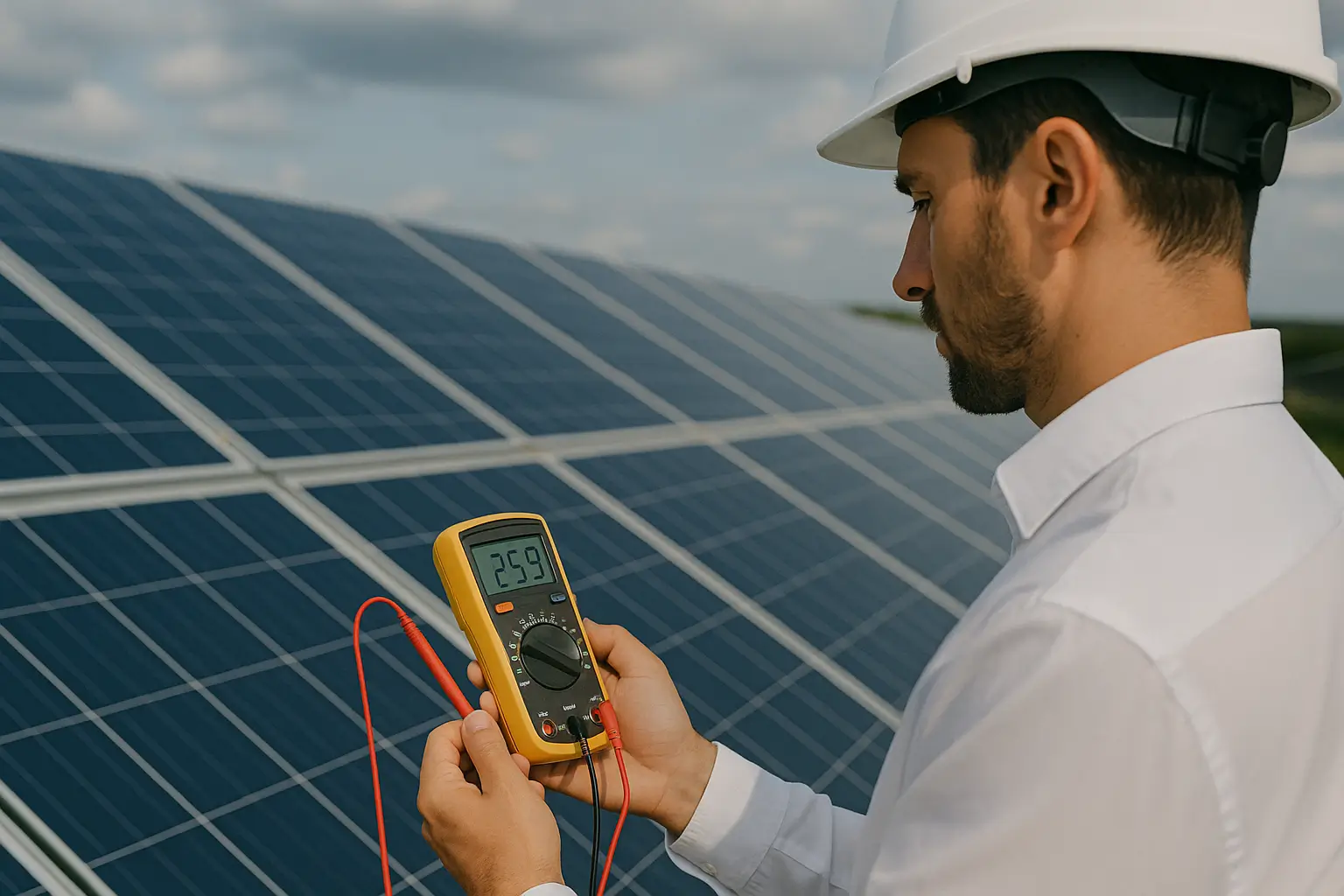
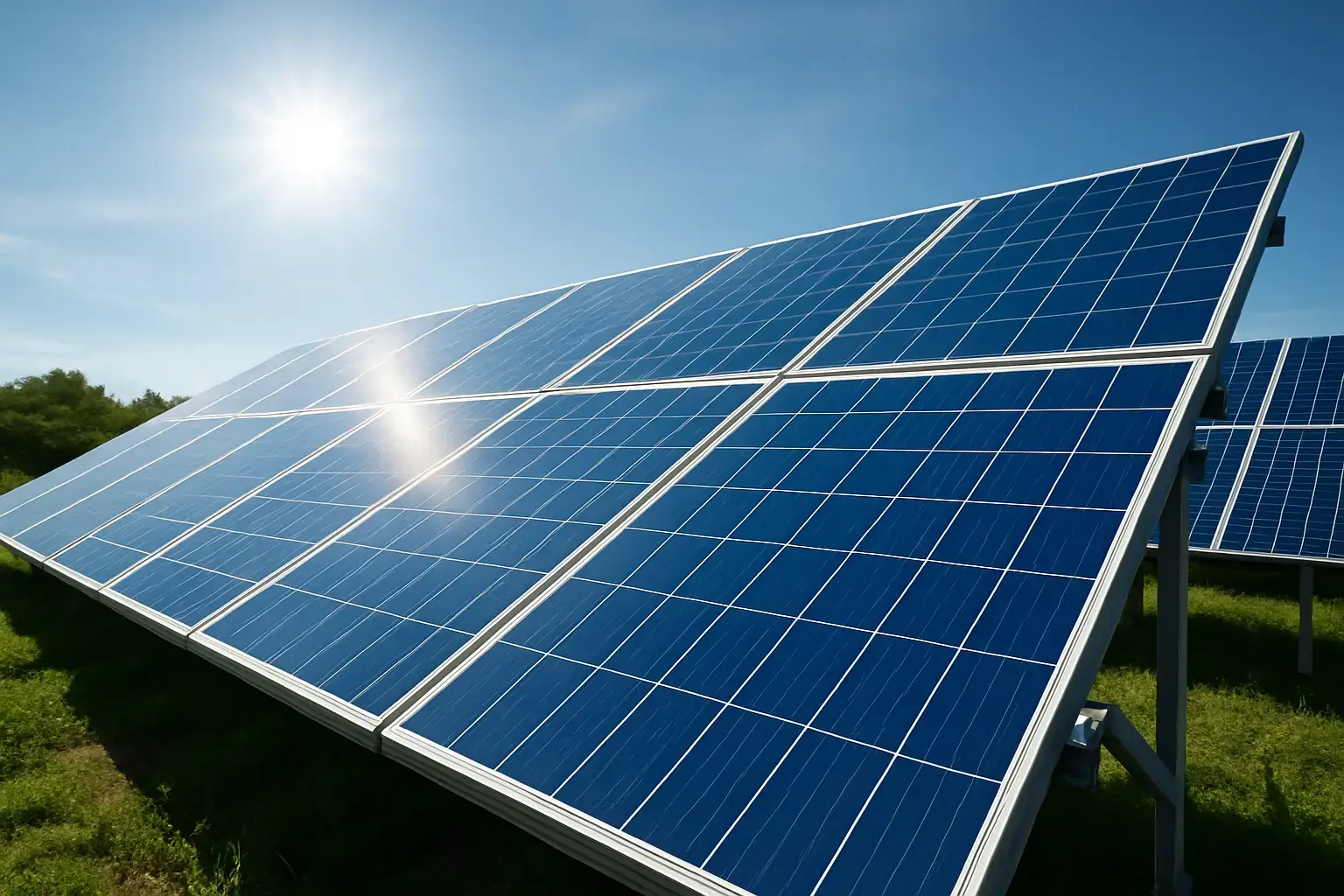
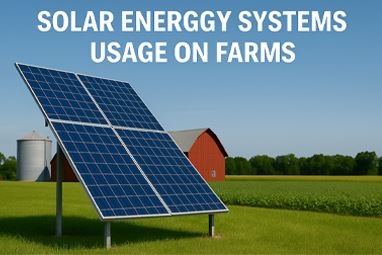
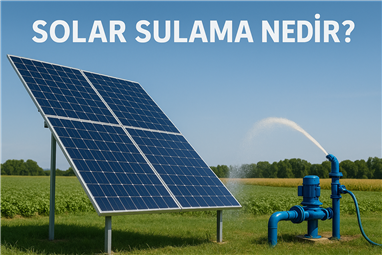
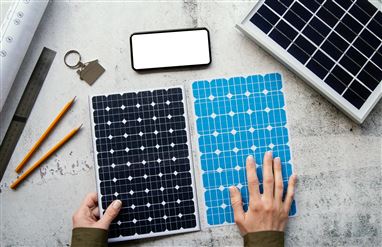


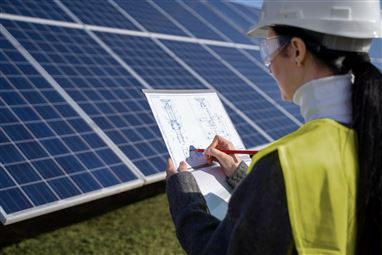

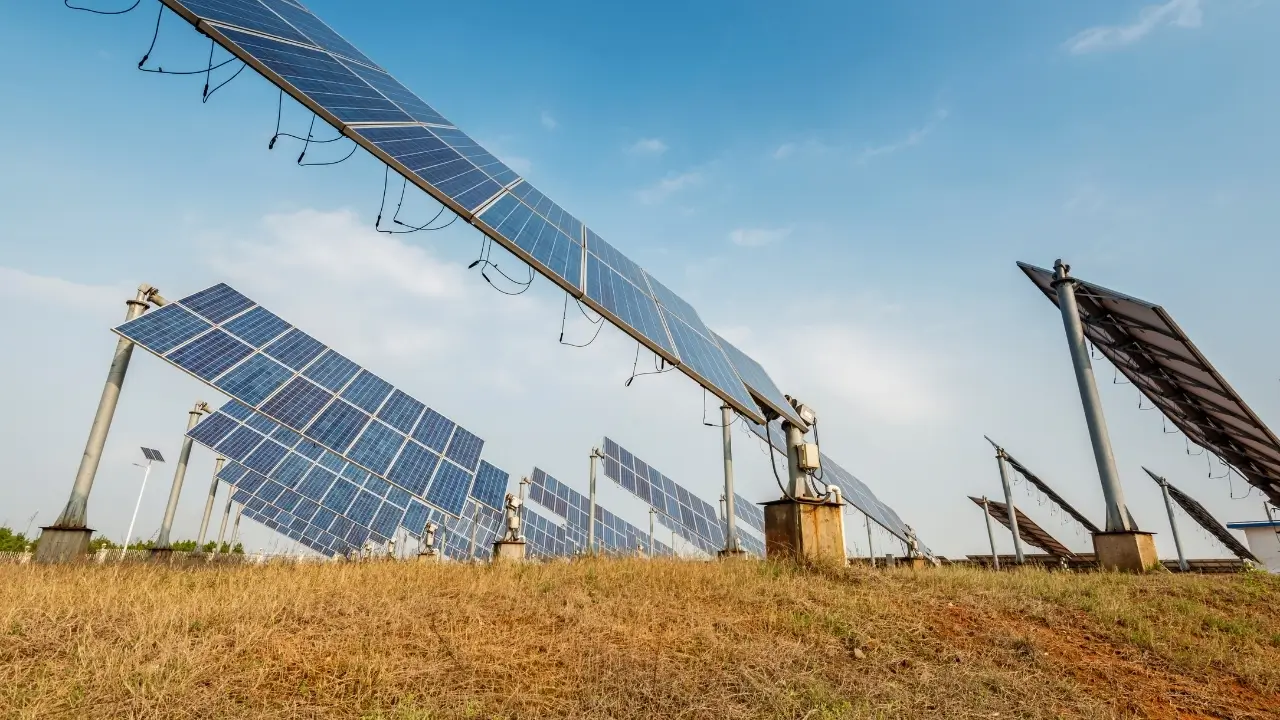

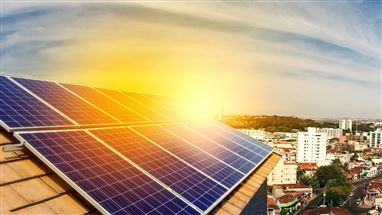
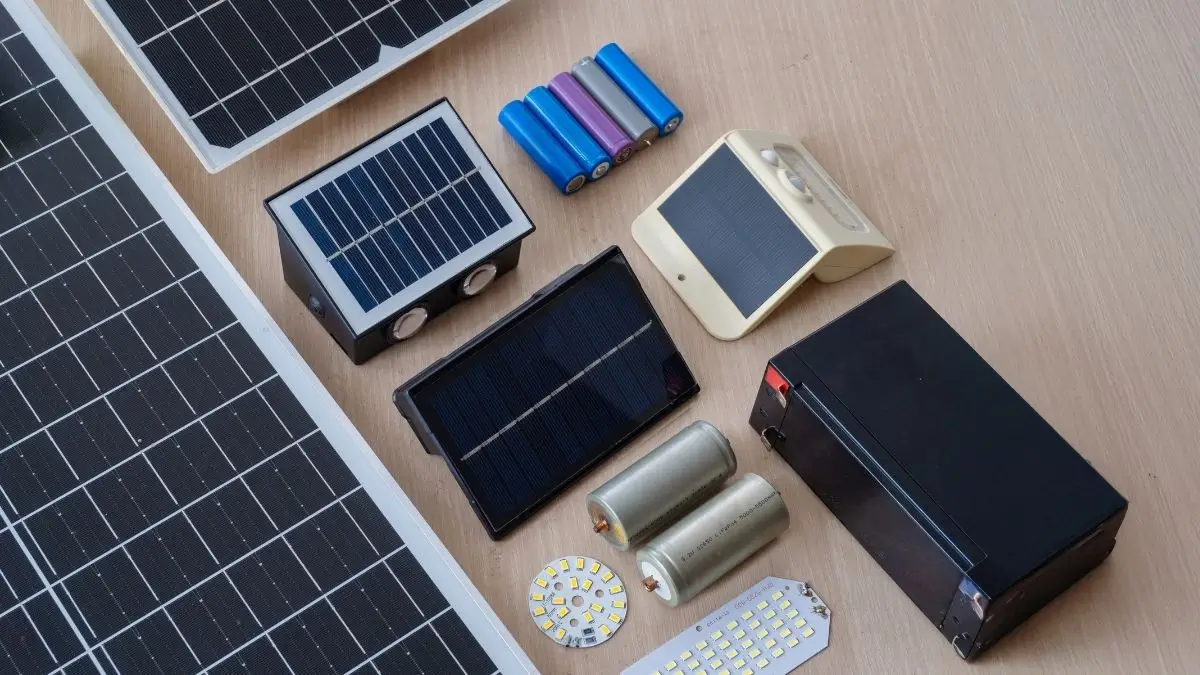
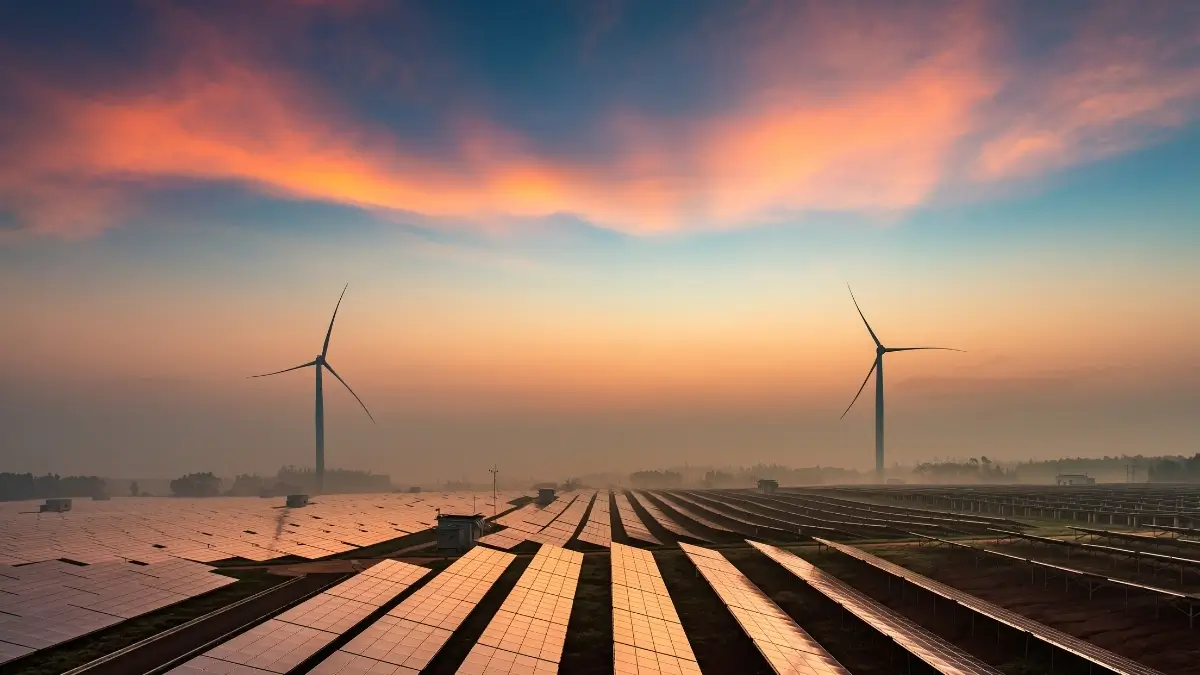
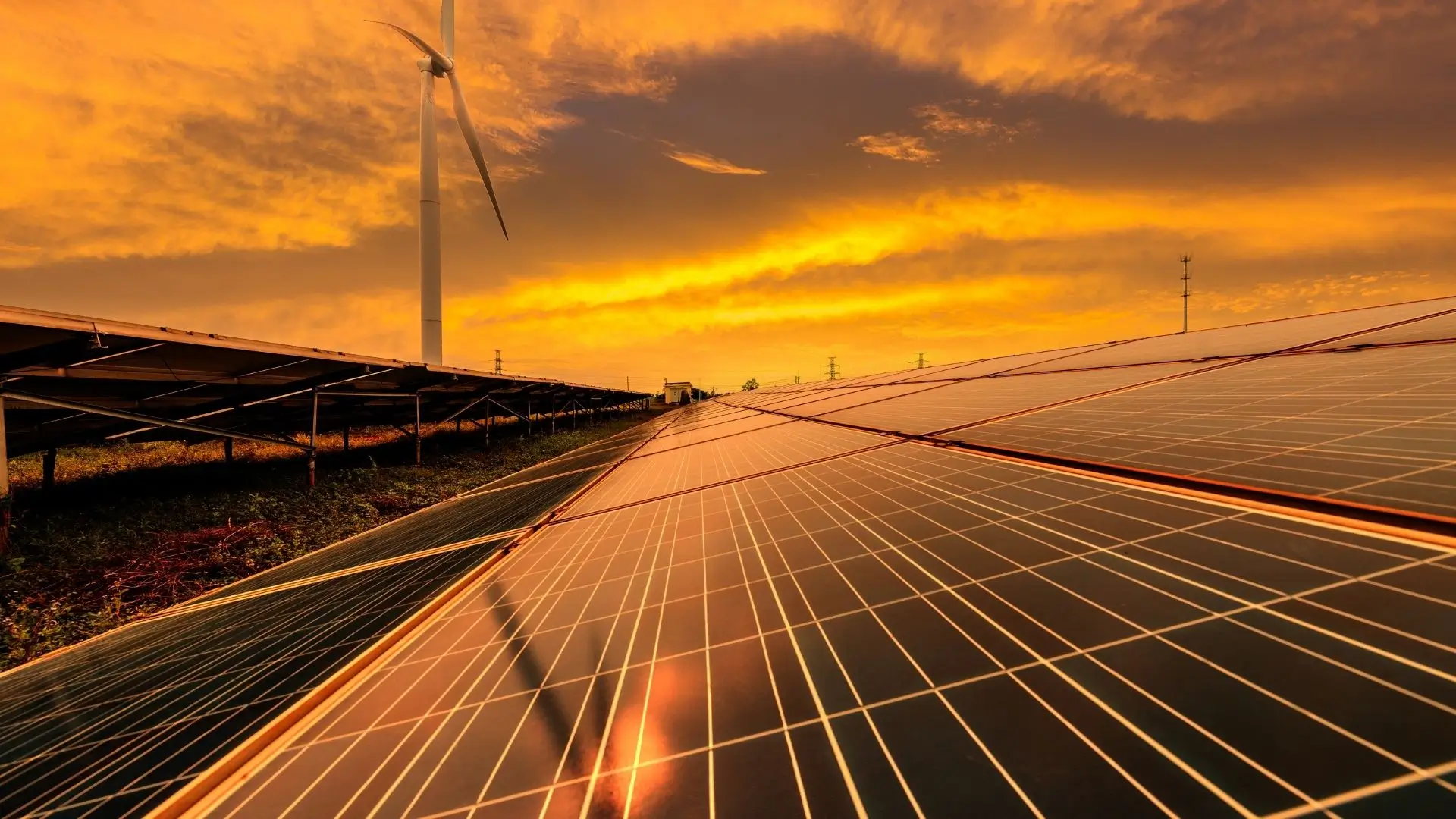
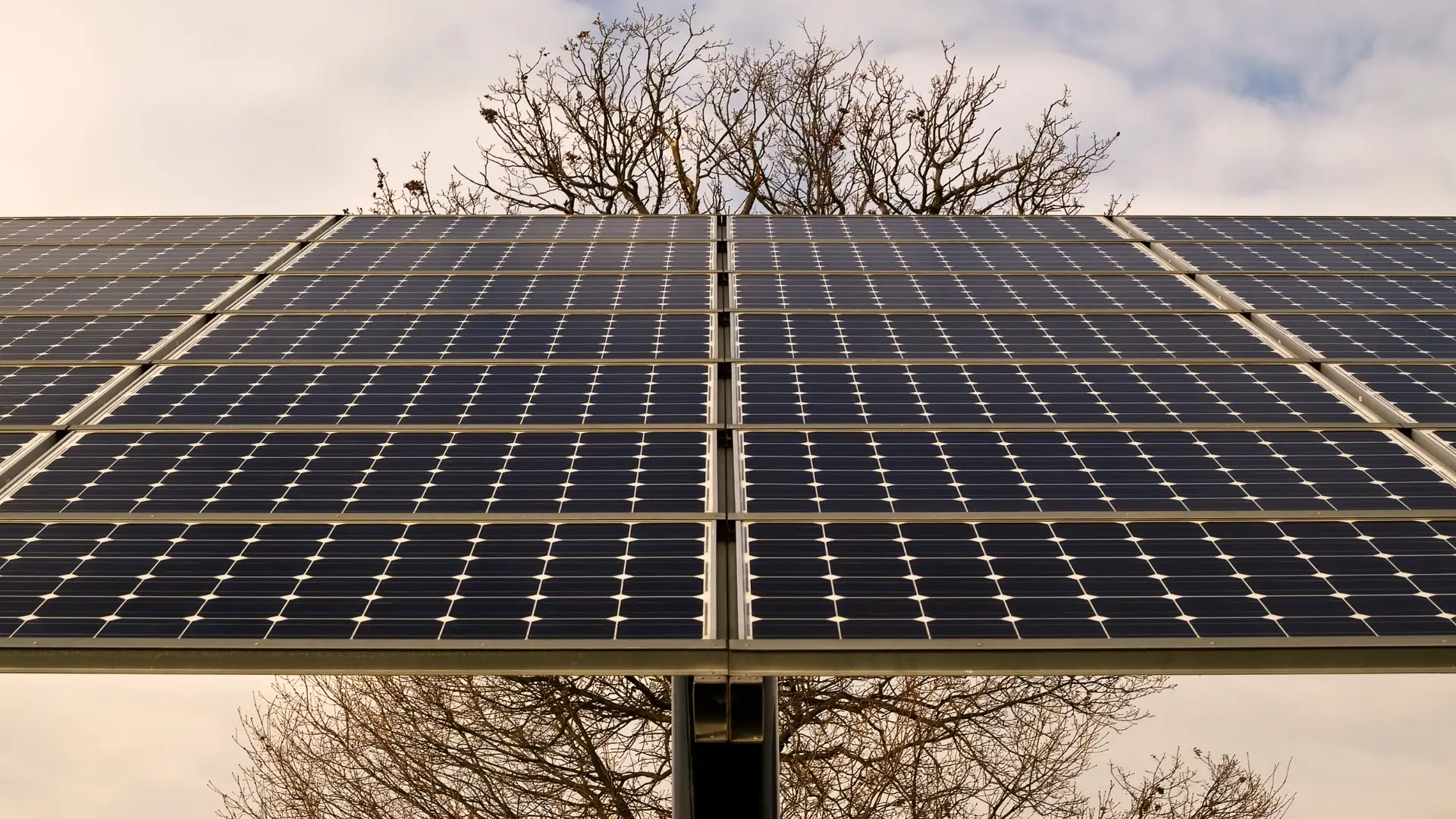
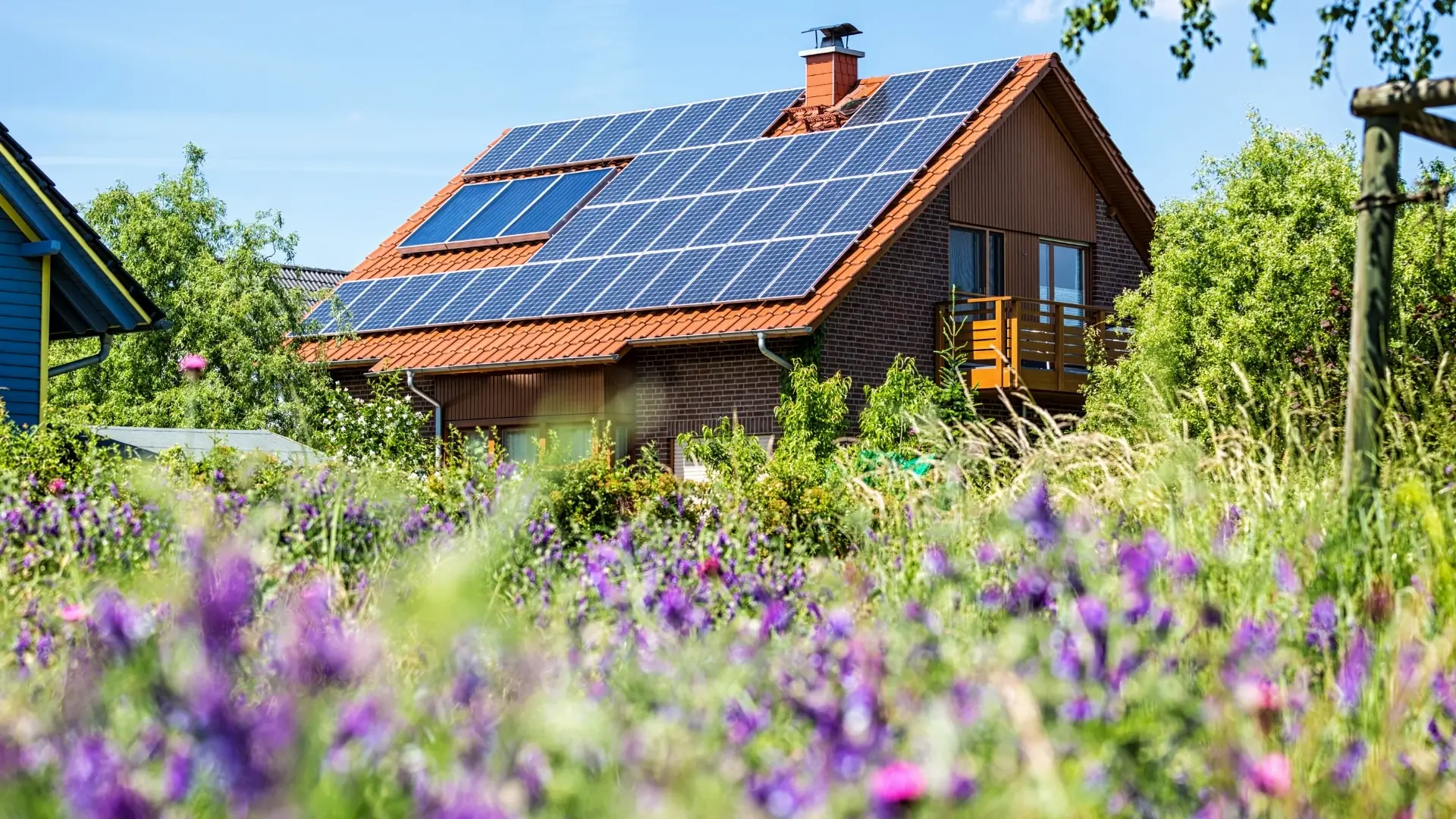
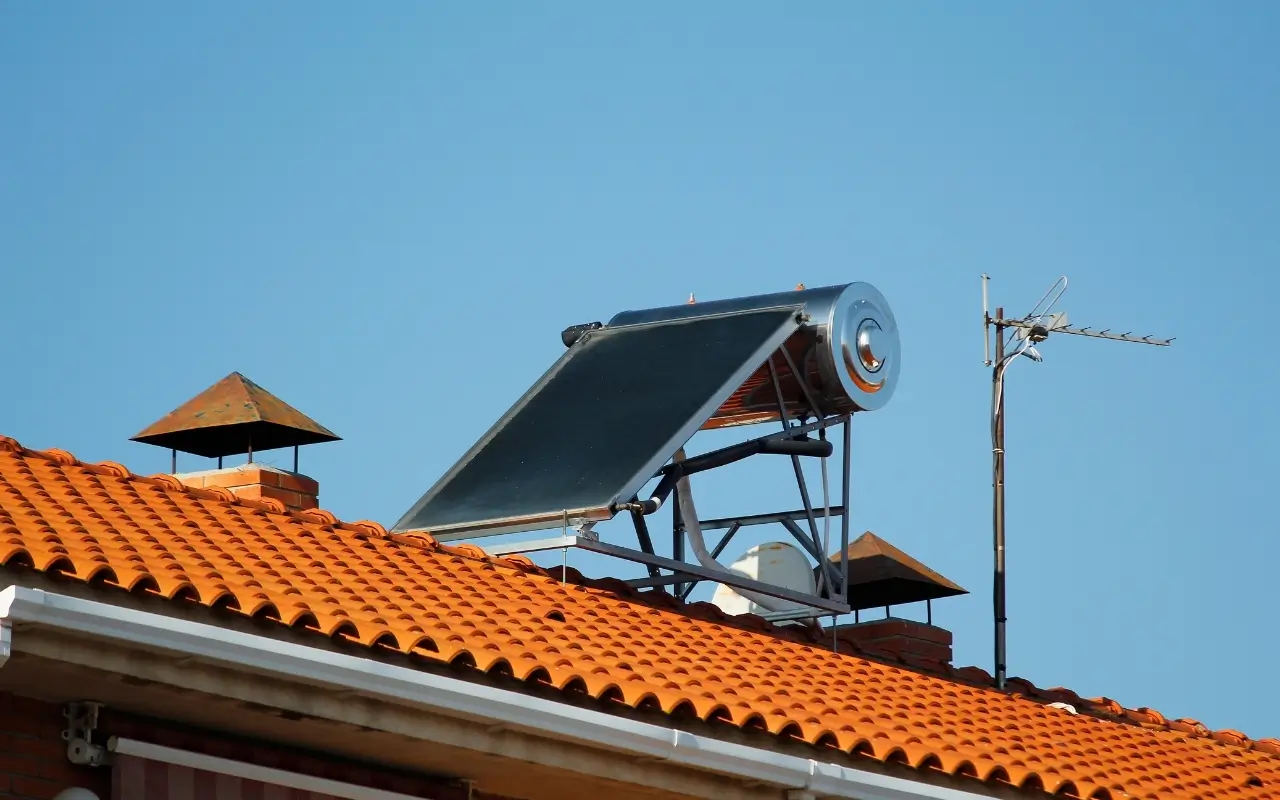
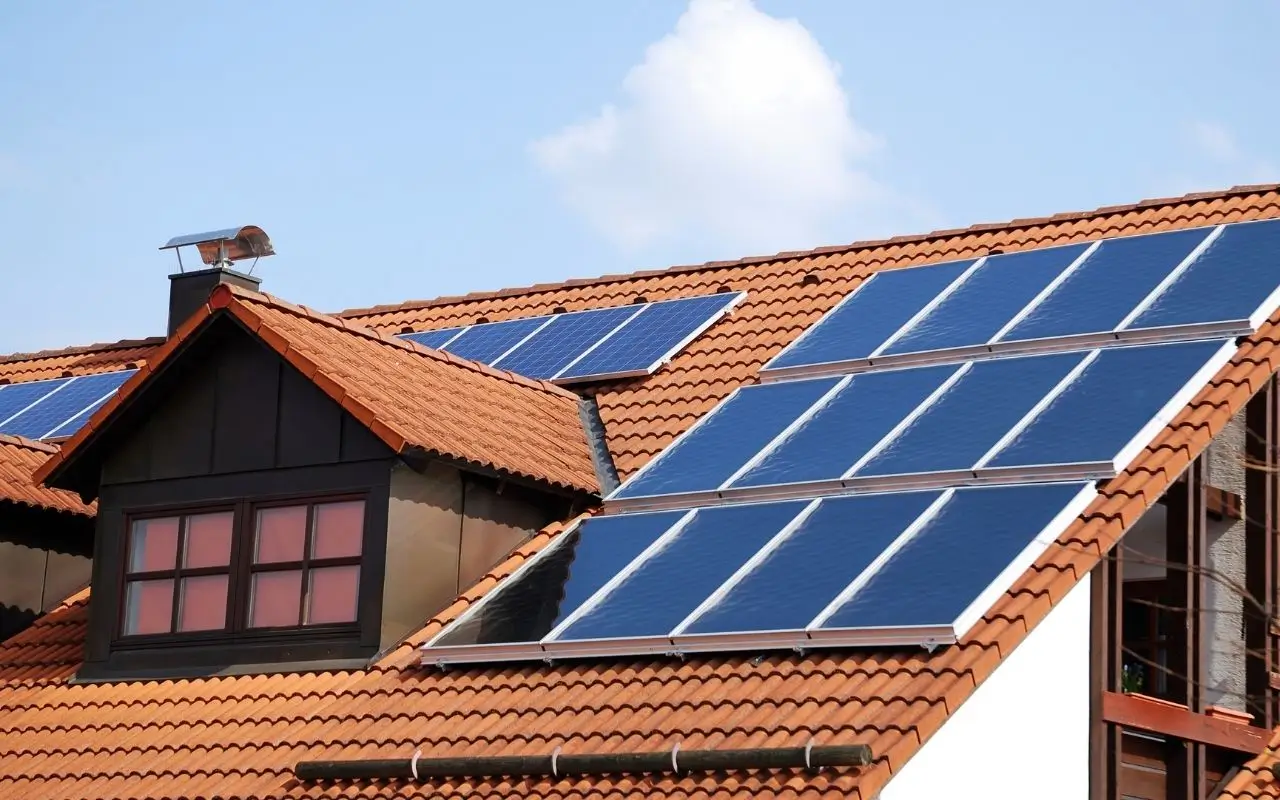
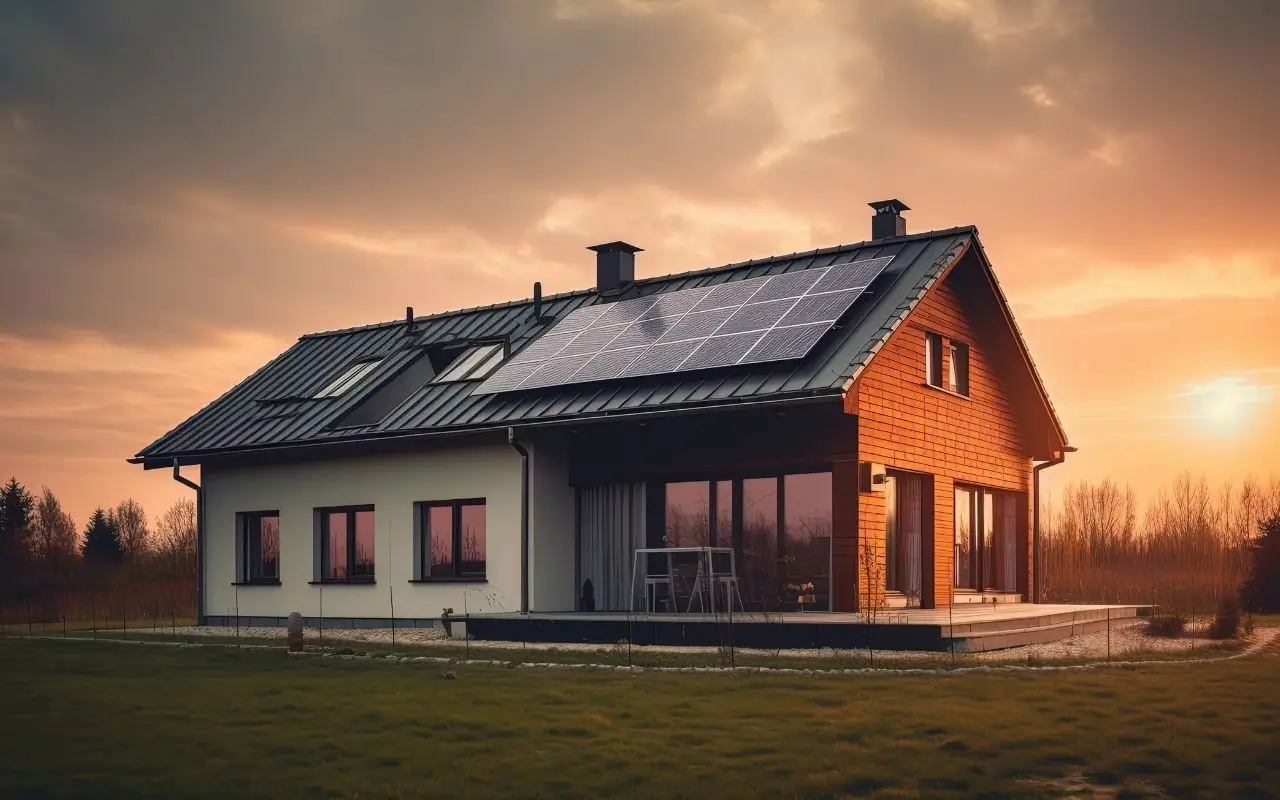
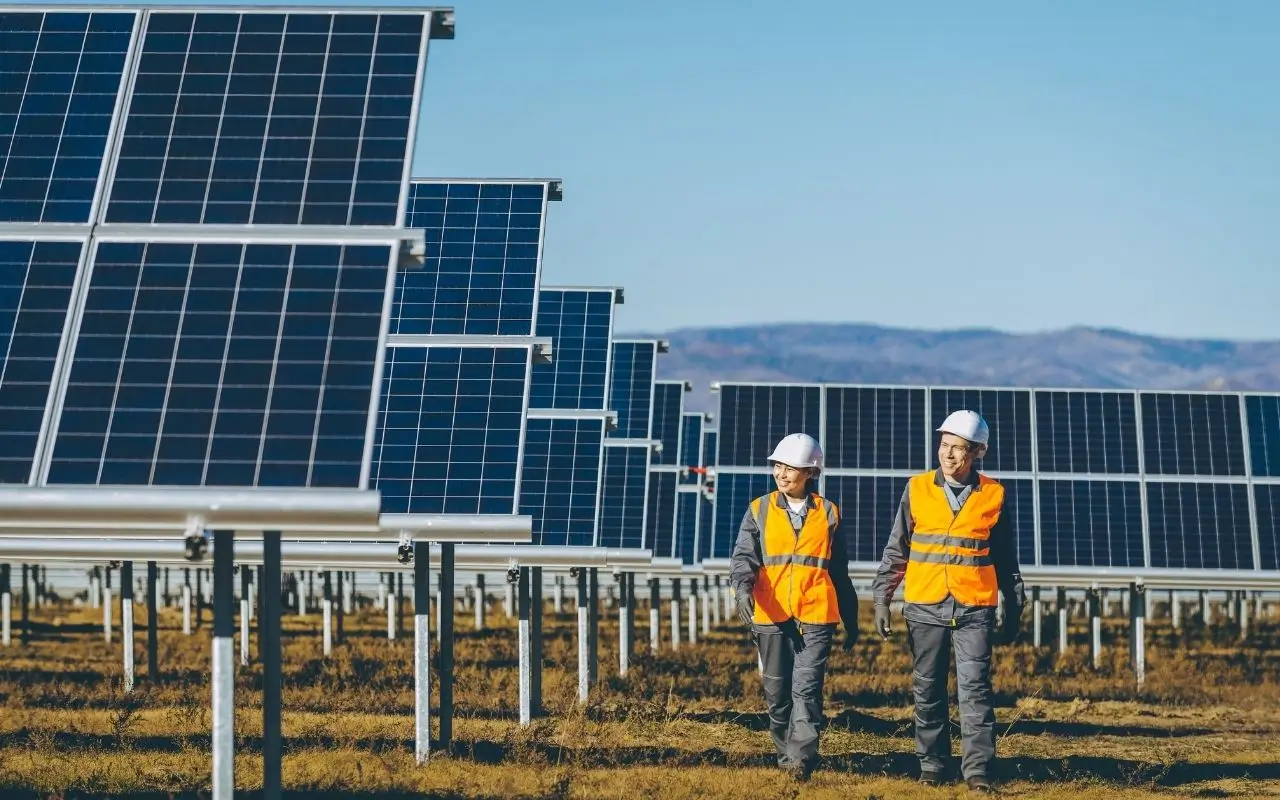
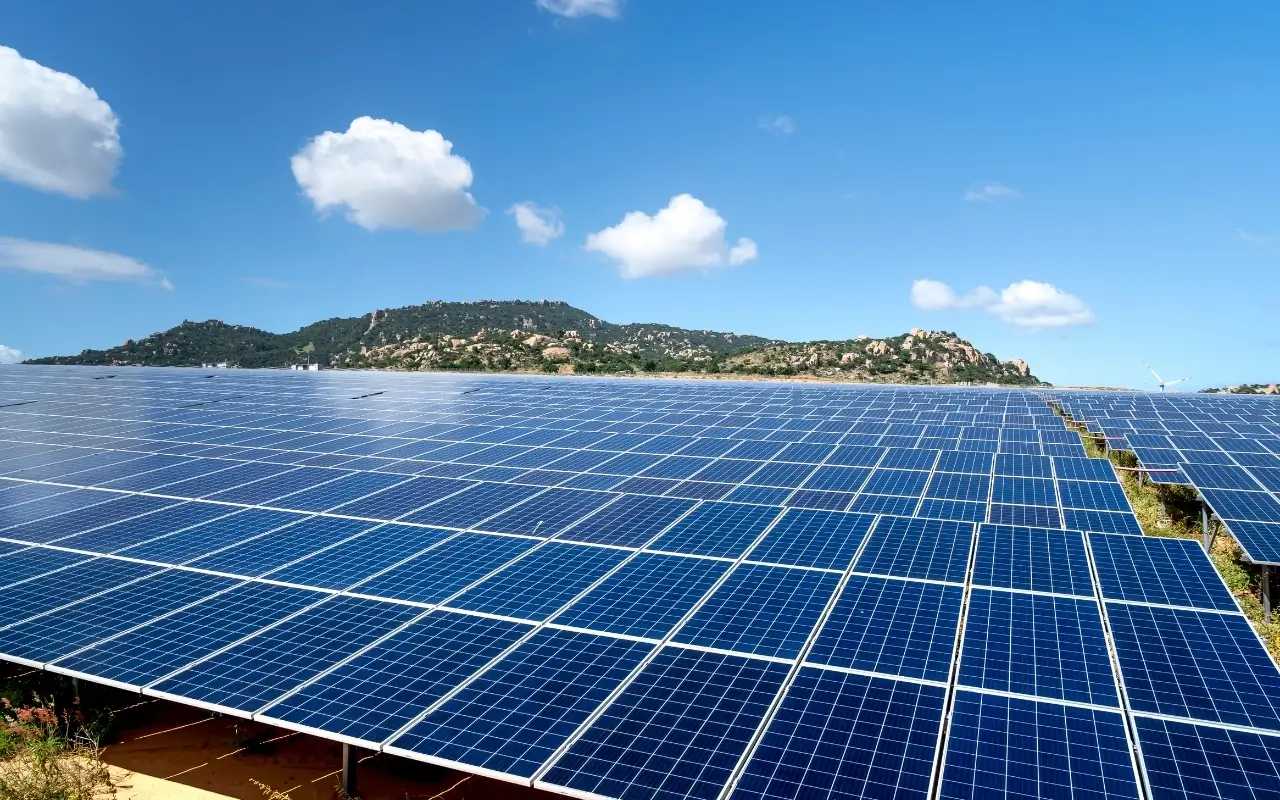
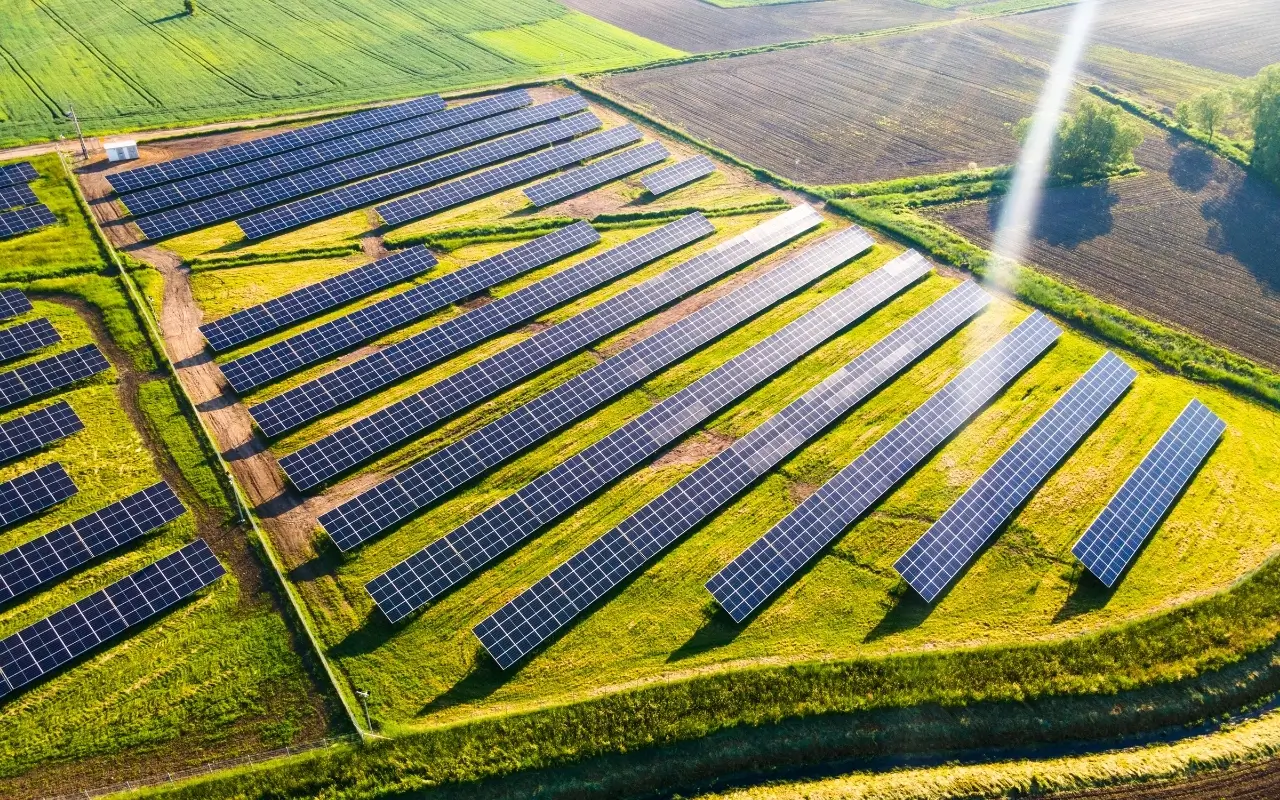
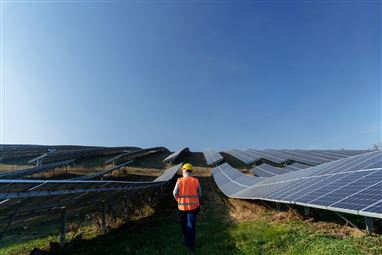
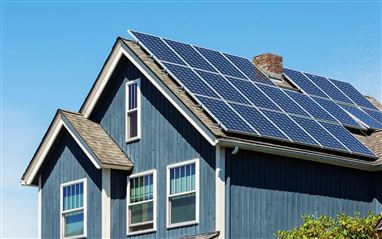
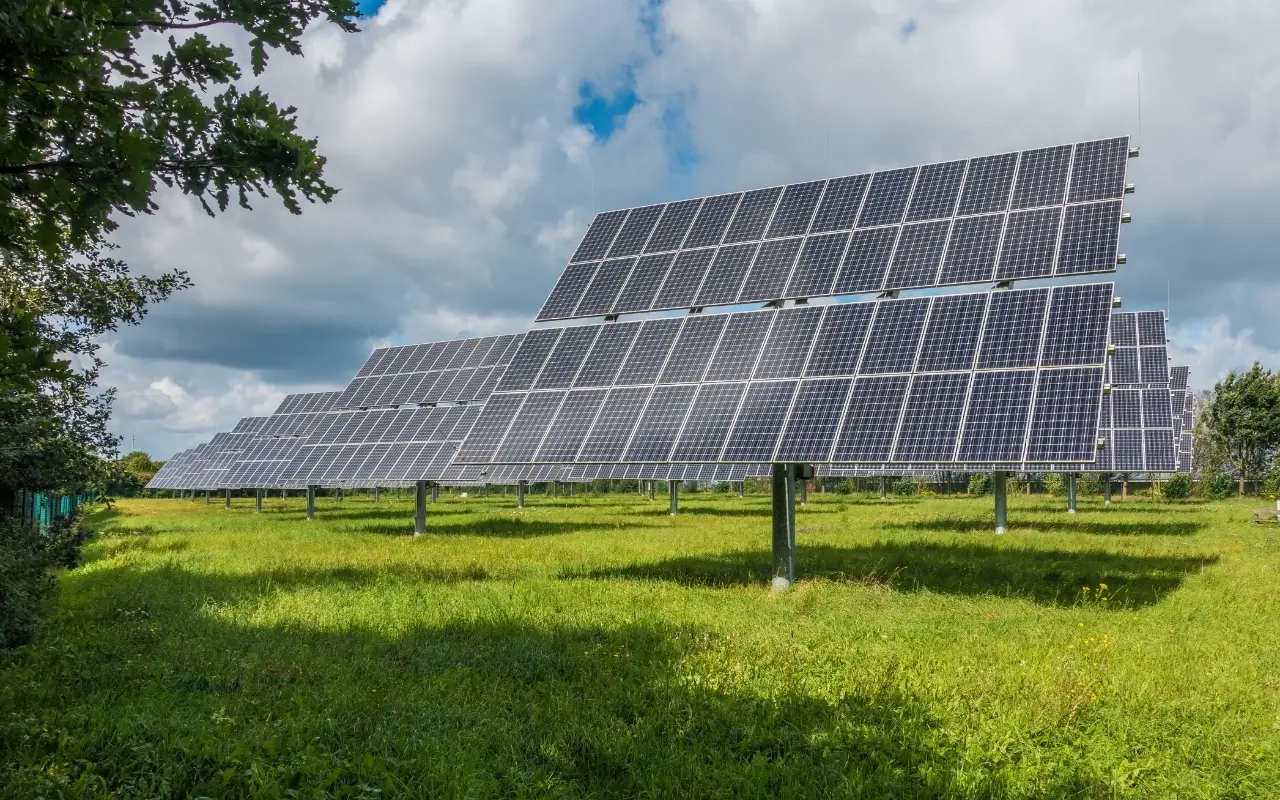
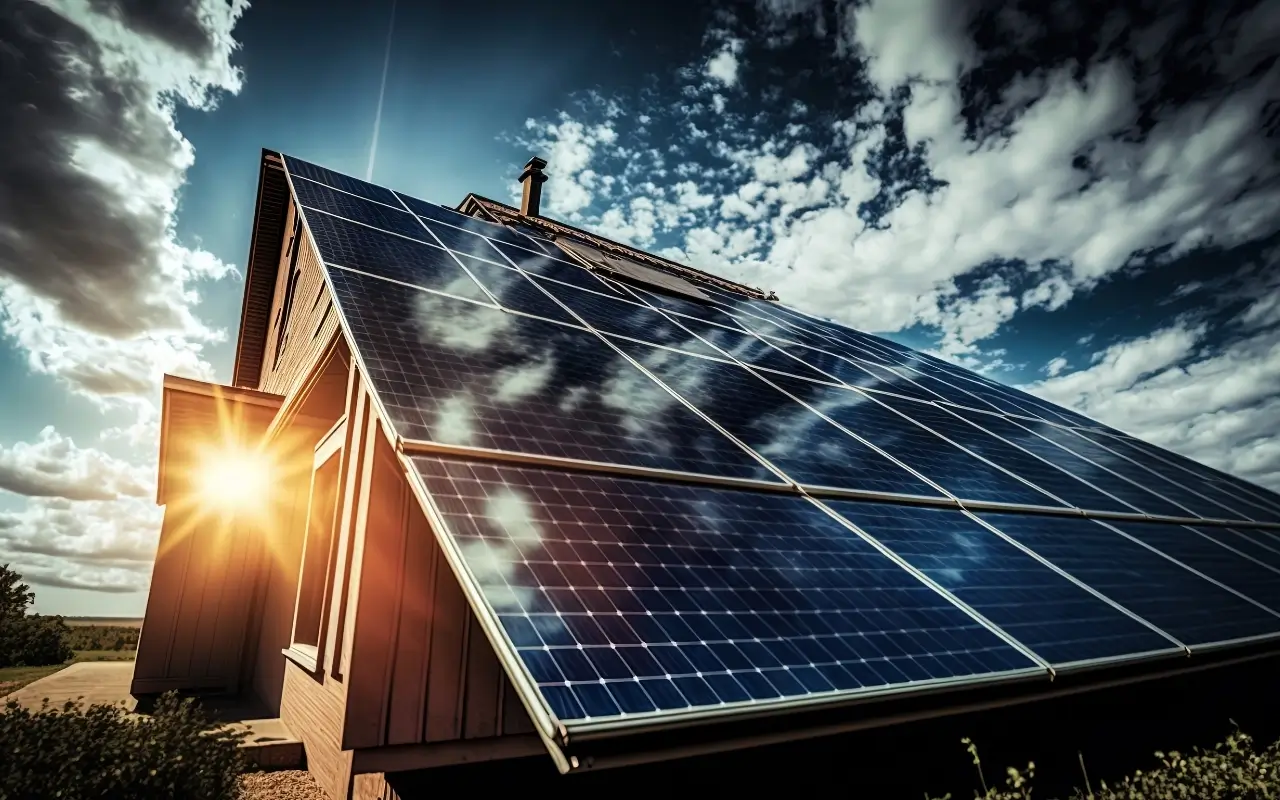
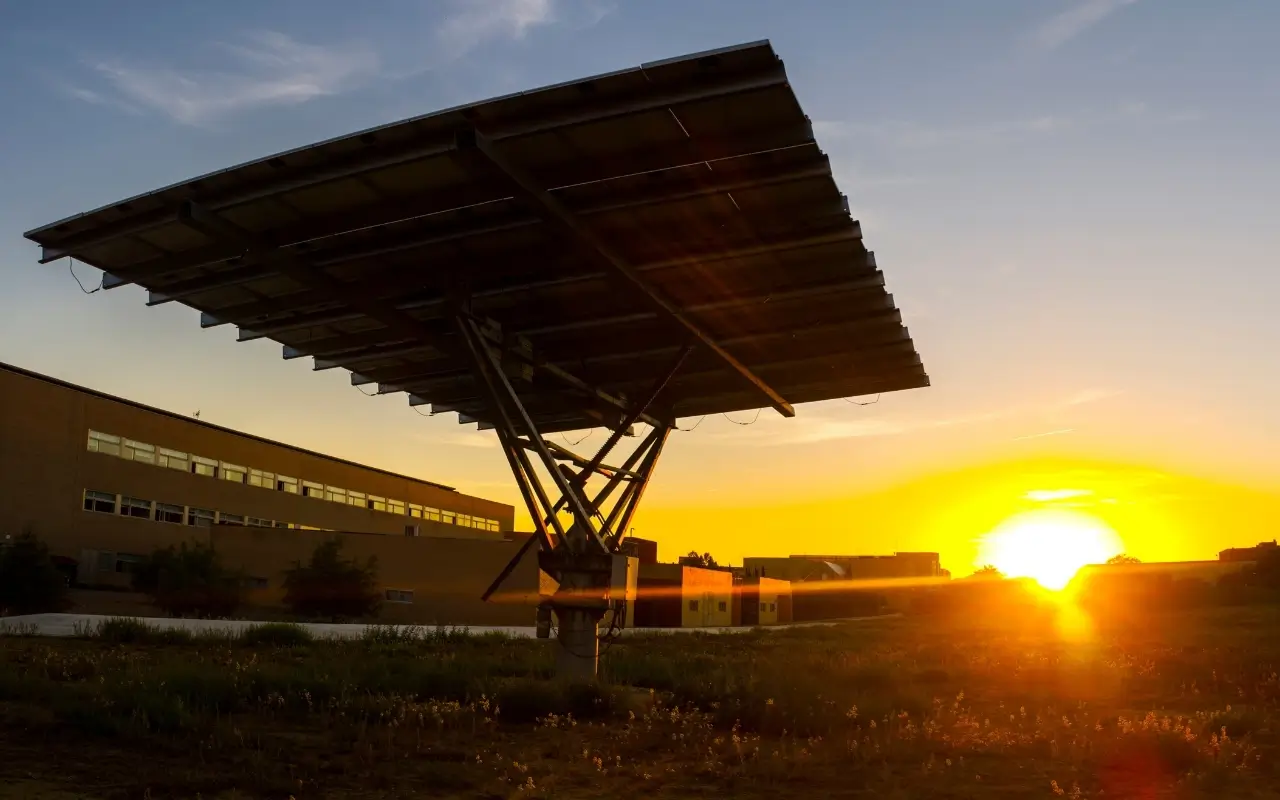
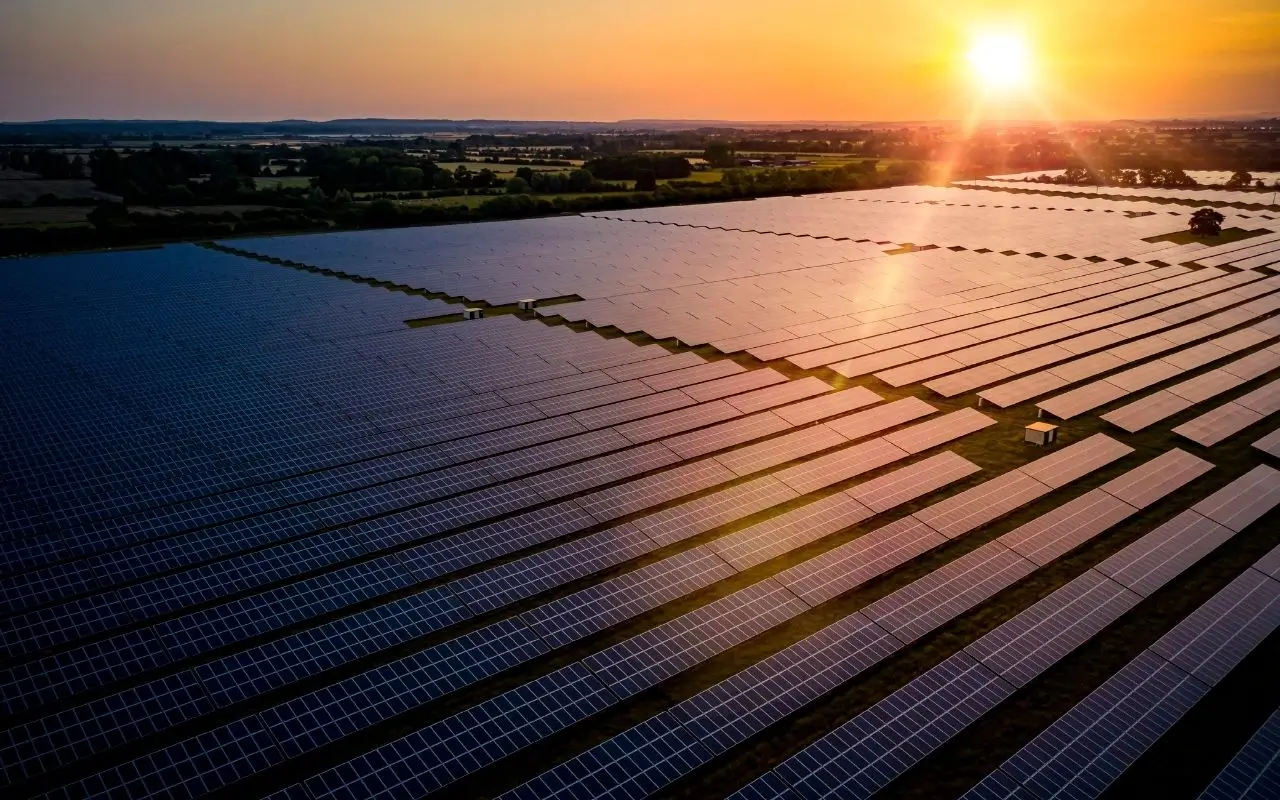
Do Comment